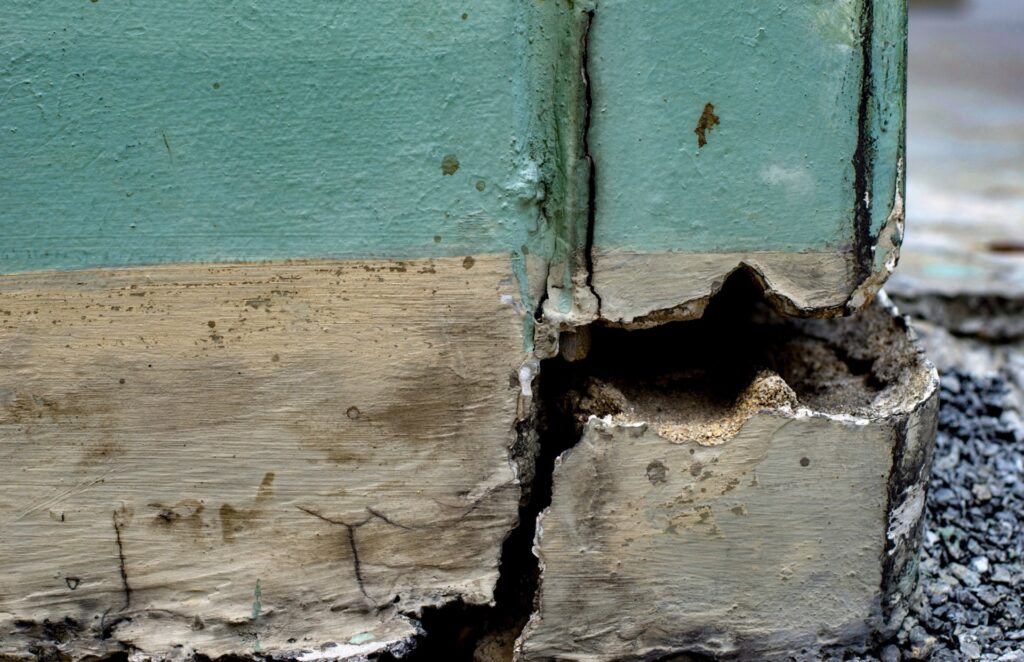Building Defects: Who Pays the Price?

Building defects can quickly become a financial and emotional burden for strata owners. With the boom in high-rise strata construction the reality is clear: the strata sector urgently needs stronger protections.
The Hidden Cost of Building Defects
For strata owners, discovering defects in their building can be a nightmare. Common issues like water ingress, structural cracks, faulty fire systems, and unsafe cladding often require extensive, costly repairs. In many cases, owners are left to shoulder these unexpected expenses through special levies — sometimes amounting to tens of thousands of dollars per unit.
Beyond the financial hit, the emotional toll can be just as severe. Owners face uncertainty about their home’s safety, property values, and prolonged legal battles with developers and builders. For those relying on their strata property as an investment or a secure place to live, the impact can be devastating.
Why Australia’s Strata Sector Needs Reform
The problem isn’t new, but it’s becoming harder to ignore. High profile cases get the media attention and illustrate the growing scale of the problem. Yet, many smaller buildings suffer the same fate without making headlines.
The current system too often leaves owners footing the bill. Developers can dissolve companies after projects are completed, leaving no one to pursue for compensation. Even when owners can chase legal remedies, the process is complex, expensive, and slow.
The Strata Community Association (SCA) — the peak body representing strata owners, managers, and industry professionals — is leading the call for change. SCA is pushing for stronger protections to prevent defects, ensure accountability, and support affected owners. Their key reform priorities include:
🔹 Mandatory Developer Bonds
SCA advocates for a mandatory developer bond system, where developers provide a financial guarantee that covers defect rectifications. This would ensure that if defects emerge within a set period after construction, funds are available for repairs — without owners having to fight costly legal battles.
NSW has already introduced a 2% building bond for new residential strata buildings which will be increased to 3% in July 2025. SCA supports expanding this model nationwide, ensuring consistency and protection across all states and territories.
🔹 Improved Warranty Protections
Current warranty periods for building defects are often too short, leaving owners vulnerable to defects that surface years later. SCA is calling for extended warranty periods to reflect the true lifespan of building materials and construction.
For example, water penetration and fire safety systems — two of the most common and serious defects — should carry longer warranties to ensure buildings remain safe and structurally sound well beyond the initial years of occupation.
🔹 Stricter Accountability for Builders and Developers
To deter poor workmanship, SCA is advocating for stricter accountability measures. This includes:
- Mandatory licensing and ongoing education for developers and builders.
- Public defect registers to track companies with a history of poor-quality construction.
- Personal liability for directors of development companies, preventing them from dissolving companies to avoid defect claims.
By holding builders and developers to higher standards, SCA aims to shift the focus from “quick builds for profit” to delivering high-quality, long-lasting strata developments.
What Buyers Can Do
While systemic reforms are crucial, prospective strata buyers can take steps to protect themselves right now. Before purchasing into a strata scheme, consider these actionable insights:
✅ Check the building’s history: Request strata records, including annual general meeting minutes, defect reports, and legal disputes. These documents can reveal past or ongoing issues.
✅ Review the capital works fund: Ensure the building has sufficient savings to cover future maintenance and repairs.
✅ Get an independent inspection: Don’t rely solely on developer or agent claims. A professional inspector can spot hidden issues that might lead to costly repairs later.
✅ Understand your legal rights: Speak to a strata-savvy conveyancer or solicitor to ensure you’re fully informed before signing any contracts.
The Future of Strata Protections
SCA’s push for reform has already influenced legislative changes in states like NSW and Victoria — but there’s more to be done. Strata living is becoming the norm for millions of Australians, and the sector must evolve to provide the protections and standards owners deserve.
If you believe strata buyers and owners deserve better protections, now’s the time to make your voice heard. Share your thoughts: Should developers face stricter penalties for poor construction?
For further information on state-specific issues or to seek expert advice, contact your local Strata Community Association (SCA) branch. Together, we can drive the changes that strata communities need.
View Comments
(0)